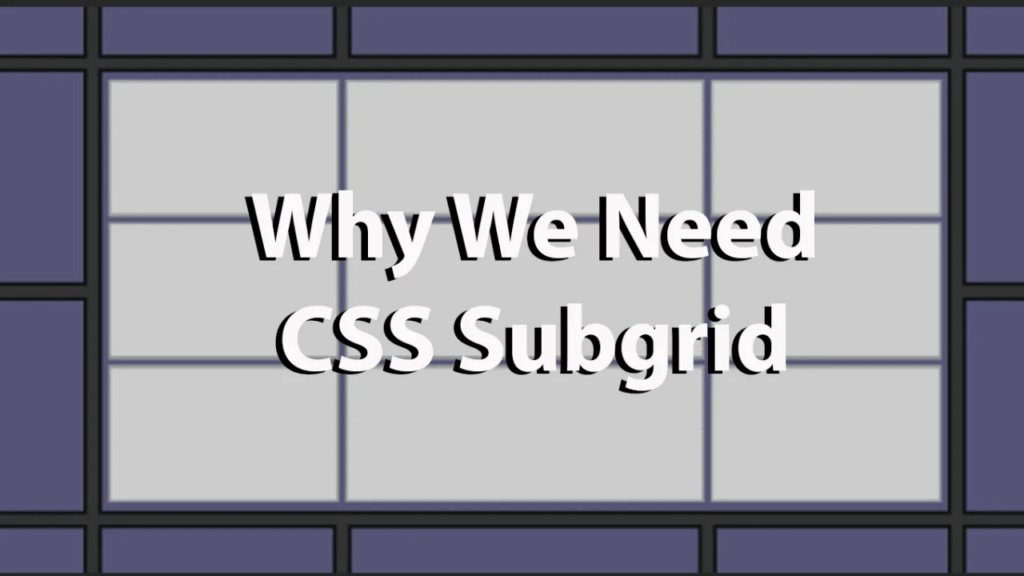Dynamic Design Mastery: CSS Creative Snippets
Predicting the exact “top 3” CSS codes you don’t know is impossible, as your skill level and areas of focus are unique. However, I can offer 3 intriguing and potentially unfamiliar CSS snippets, along with blog resources to delve deeper without plagiarism:
Dynamic Design Mastery: Houdini CSS Magic
CSS Houdini is a collection of powerful APIs for manipulating the browser’s rendering engine directly. It allows for incredibly creative effects like custom scrollbars, text shadows with custom shapes, and even animations that bend and stretch elements. To get started, check out the CSS Houdini Rocks website. It’s a treasure trove of resources, tutorials, and interactive examples that will demystify the magic behind CSS Houdini/* Example: Creating a custom scrollbar */ /* In JavaScript, you can hook into the paint worklet to define a custom scrollbar */ @property --scrollbar-color { syntax: '<color>'; initial-value: black; } @property --scrollbar-width { syntax: '<length>'; initial-value: 10px; } body { scrollbar-color: var(--scrollbar-color) var(--background-color); scrollbar-width: var(--scrollbar-width); }

Dynamic Design Mastery: Subgrid Elevation
Grid layout offers powerful layout capabilities, but subgrid takes it to another level. Imagine embedding smaller grids within your existing grid, creating nested layouts with incredible flexibility. Dive into the nuances of subgrid with Rachel Andrew’s CSS-Tricks guide on Subgrid./* Example: Using CSS Grid with Subgrid */ .container { display: grid; grid-template-columns: 1fr 1fr 1fr; gap: 10px; align-items: center; } .nested-grid { display: grid; grid-template-columns: subgrid; }

Dynamic Design Mastery: Dynamic Style Control
CSS Custom Properties, commonly known as CSS Variables, let you define reusable values throughout your code, making styles more maintainable and dynamic. Imagine changing a single variable to update the font color of your entire website! To grasp the power of CSS Variables, explore MDN Web Docs’ guide on Using CSS custom properties (variables)./* Example: Using CSS Variables */ :root { --main-color: #3498db; } .element { color: var(--main-color); }

These are just a glimpse into the vast world of CSS possibilities. Remember, the best way to learn is to experiment and explore. Don’t be afraid to play around and see what you can create!
Bonus Tip: For further exploration, check out websites like CSS-Tricks, Codrops, and Awwwards for tutorials, articles, and inspiring examples of creative CSS implementations. Happy coding!





Leave A Comment